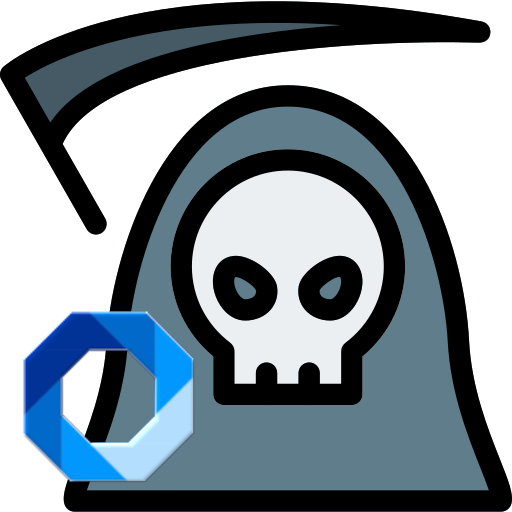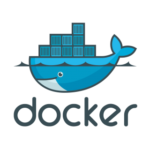 I recently co-authored a blog post for the Google Cloud Platform Blog, along with my colleague Keith Chen. In the blog post we spoke about our latest features, which help organizations builds their own multi-tenant log management features on Cloud Logging.
I recently co-authored a blog post for the Google Cloud Platform Blog, along with my colleague Keith Chen. In the blog post we spoke about our latest features, which help organizations builds their own multi-tenant log management features on Cloud Logging.
Check out the post here.








